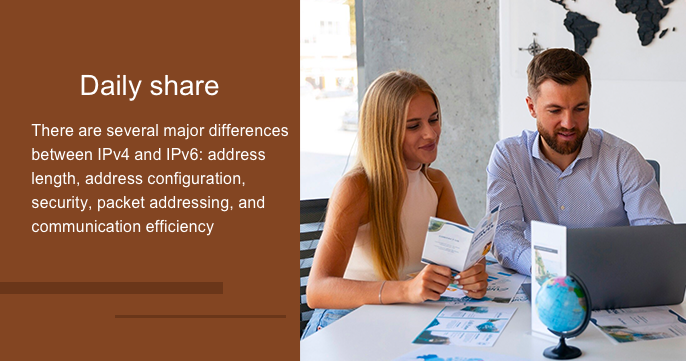A proxy server acts as an intermediary between your computer and the internet. When you connect to a website through a proxy server, your request is first sent to the proxy server, which then forwards it to the website. The website then sends its response back to the proxy server, which forwards it to you.
There are many different reasons why you might want to use a proxy server. Some common reasons include:
·To access blocked content: If a website is blocked in your country or region, you can use a proxy server to access it. The proxy server will make it appear as if you are connecting to the website from a different location, where the website is not blocked.
·To hide your IP address: Your IP address is a unique number that can be used to identify your computer on the internet. If you are concerned about privacy, you can use a proxy server to hide your IP address. The proxy server will replace your IP address with its own, making it more difficult for websites to track your online activity.
·To improve website loading speed: A proxy server can cache web pages, which means that it can store copies of web pages that it has previously accessed. If you request a web page that is stored in the proxy server's cache, the proxy server will be able to deliver the page to you much faster than if it had to retrieve the page from the original website.
There are many different types of proxy servers available. Some common types include:
·HTTP proxy servers: HTTP proxy servers are the most common type of proxy server. They are used to access web pages and other HTTP-based resources.
·SOCKS proxy servers: SOCKS proxy servers can be used to access both HTTP and HTTPS resources, as well as other types of resources, such as FTP and mail.
Proxy servers can be configured in a variety of ways. Some common configuration options include:
·Proxy server address: The proxy server address is the IP address or hostname of the proxy server that you want to use.
·Proxy server port: The proxy server port is the port number that the proxy server is listening on.
·Proxy server username and password: Some proxy servers require you to authenticate with a username and password before you can use them.
If you are interested in using a proxy server, there are many different options available to you. You can find free proxy servers online, or you can purchase a proxy server from a commercial provider.
Here are some additional things to keep in mind when using a proxy server:
·Proxy servers can be slow: Proxy servers can sometimes add latency to your internet connection, which can make websites and other online resources load more slowly.
·Proxy servers can be unreliable: Proxy servers can sometimes go down, which can prevent you from accessing the websites and other online resources that you need.
·Proxy servers can be insecure: If you are using a free proxy server, there is a risk that the proxy server operator could be monitoring your online activity or even stealing your personal information.
If you are considering using a proxy server, it is important to weigh the pros and cons carefully. Proxy servers can be a useful tool for accessing blocked content, hiding your IP address, and improving website loading speed. However, they can also be slow, unreliable, and insecure.































